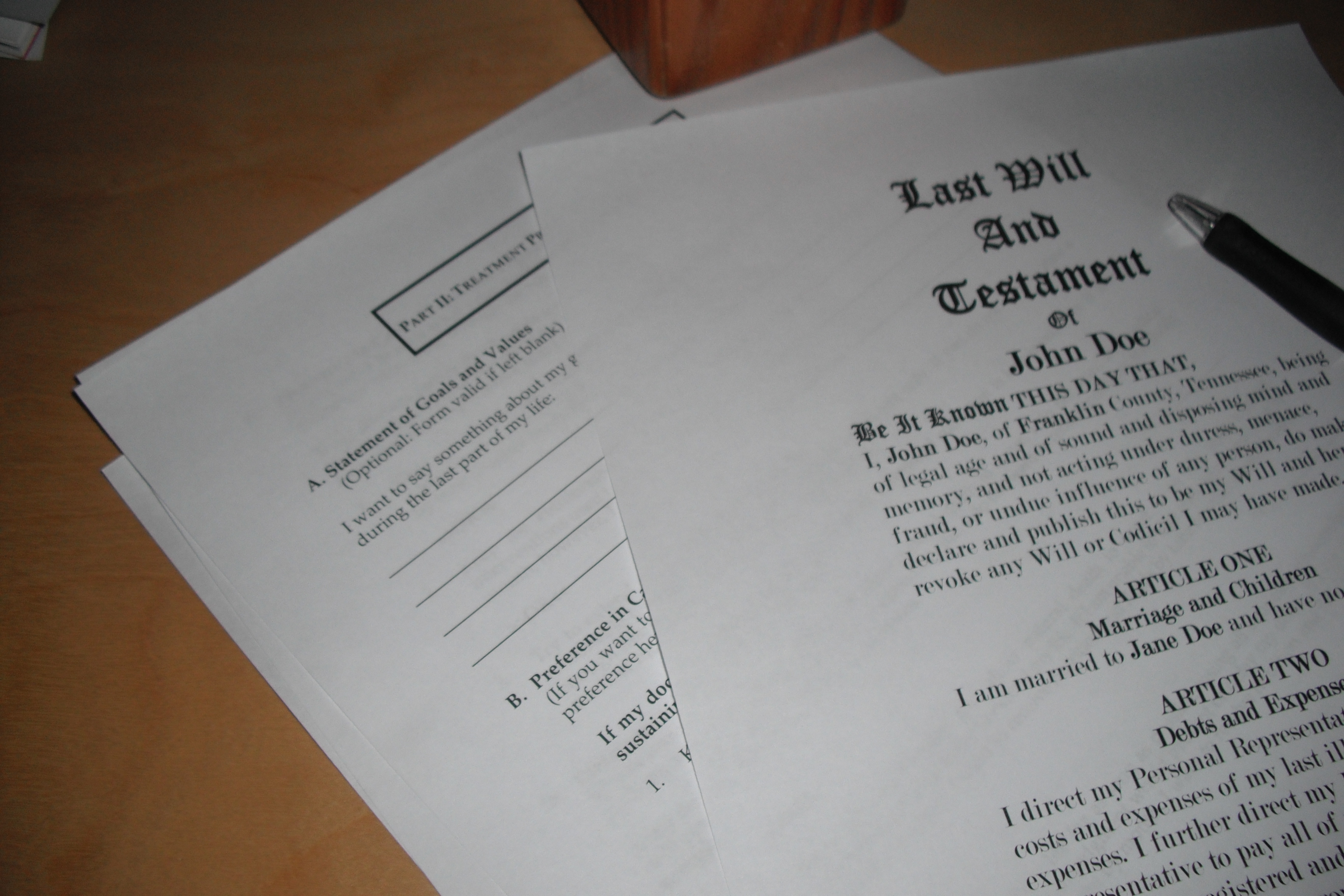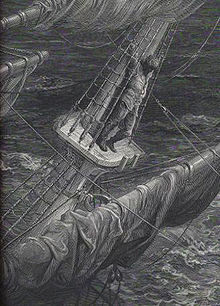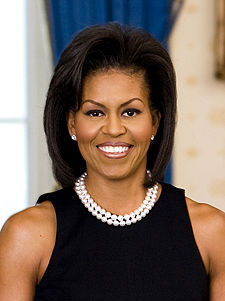I should not publish this. There is far too much of me in it. This is my reaction not to the actual events in Egypt and Libya, but to the remarks of Mr. Romney. My reaction is not born of any political preference (believe that or not). Rather, my reaction is born of having been in Iraq in 2005-2006 during a time when the country was literally on fire and four of my colleagues were held hostage. One of them, Tom Fox, would be murdered. During that time in Baghdad, we, the free ones on team, heard many words from many people.* And many of those words were fraught with the same kind of judgment, advice, and preferred language echoed by Mr. Romney. My words below are not elegant. But please believe me, they are heartfelt. For I cannot get the image of the Tweet from the US Embassy in Egypt out of my mind: “Of course we condemn breaches of our compound, we're the ones actually living through this.” Those words were not typed. Nor were they whispered. They were screamed. Sadly, we were too busy talking to hear the plea embedded in them. I do not speak for the people affected by these most recent attacks; that is a presumption I cannot carry. What follows is merely my own visceral response.
Sadness . . .
Confusion . . .
Image overload . . .
Puzzlement . . .
Fear – not for self – but for others –
held hostage with only their cell
phones to protect them – shouting
out their Tweets – we mean you no harm . . .
We are not all the same . . . calm down . . .
Please . . .
Anger at the relentless infocycle
that demands a response, an answer,
an explanation, a comment, a stand –
in the place where there is no standing –
only reaching –
Principles are the things you stand on
when the ground is steady under your feet
But when the earthquake comes,
you just grab – onto whatever looks
like it’ll hold you up – even if only
for an instant –
whatever will buy you time –
even if only another moment –
The luxury of distance makes us
cruel . . . and foolish . . . and despised
by those in the earthquake
who would grab our hands if only they could
Sometimes silence is not the only answer,
but the best – especially when our hands
are just too short to grab hold and save
I have stood on that moving ground
and hated the very breath those
at safe distance drew as their
exhalations brought proffered
reason and logic and principles –
as if such things ever mattered
to the dying – or the frightened –
Give me not your logic, I wanted to
scream – give me your help.
Tell me not what to do or not do –
do it for me – but you can’t,
can you? Then shut up –
for your voice is a distraction
I can ill afford
for if I turn away, even for an instant,
I risk . . . everything . . .
Imagine that I have turned to hear you
and what you have to offer me is a
soap commercial –
I am screaming for help –
and you offer me your principles,
call them universal,
and demand my apology.
I am dying.
And you want apology.
Well, I am sorry to have
inconvenienced you with
my reality . . . here . . .
on ‘the ground’ . . .
What the hell does that
even mean?
Aren’t we all ‘on the ground’?
Aren’t you dying too?
Am I really so very impersonal,
so theoretical, to you, that you
cannot even imagine my death
as your own?
Please, please, please,
if you cannot save me,
just stop – stop talking –
stop. Stop and pray
or stop and do nothing.
For that would be better
than this. Please. Please.
__________________
*Rush Limbaugh called the kidnapping of my colleagues in
Christian Peacemaker Teams (CPT) a hoax and then went on to say that if it wasn’t a hoax to get attention, then he hoped my friends’ heads rolled, because that would teach lefties like us a good lesson. Strangers made comments on an on-line petition calling for our guys’ release expressing the same sentiment – that they hoped my friends were beheaded. After Tom’s murder and the release of the remaining guys, fellow Christians called us dupes and idiots and ungrateful and worse. Colleagues within the Christian peace community wrote about our folly. From a safe distance, far too many, friend and enemy alike, felt great freedom to tell us how we got it wrong. I’ve never said this before now. Thanks for that (read the sarcasm, it is intentional). Fortunately, I cannot recall the physical sensation that I know I felt at the time – gut punched is the best descriptor I’ve got. Especially when it came to those with whom we thought we were in common cause – that was the worst.
All I have to offer those in the embassies around the world tonight who are fearing for their own safety are my prayers and my most fervent wish and hope that this fever pitch passes, that they may rest safely and well this night and always. I would give you my hand, but I am too far away. For that, I am more sorry than you can ever know.
















